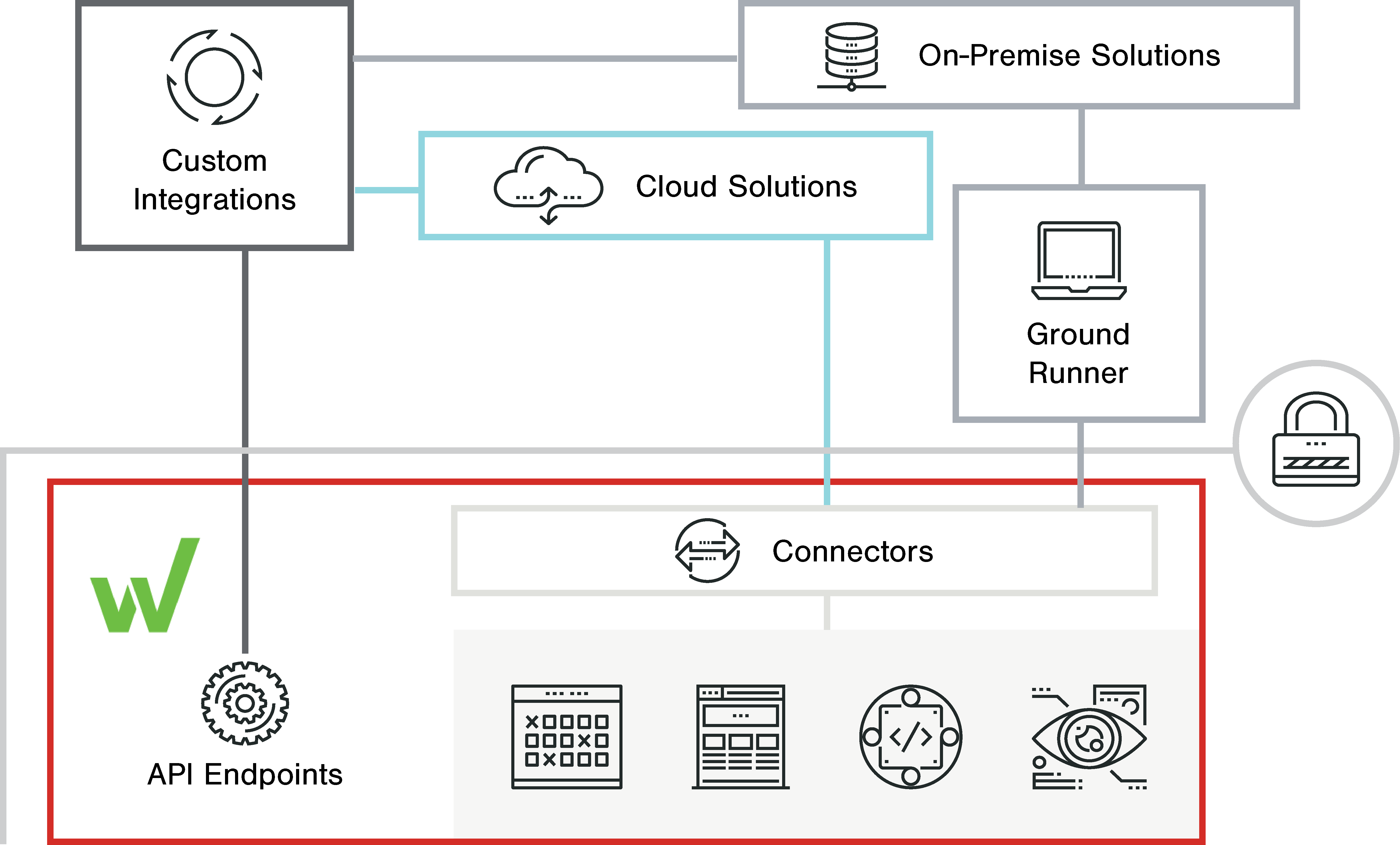As organizations work to implement and further develop data capabilities as part of their overall data strategy and vision, data lineage and controls continue to be critical expectations throughout the data lifecycle. By embedding effective data lineage, organizations can mitigate risk and meet regulatory expectations while streamlining and enhancing various reporting processes. This article aims to explain how Forvis Mazars views data lineage and how technology can be utilized during the implementation of these processes.
Core Tenets of Data Lineage
Centralization
It is important to set up a central uniform repository established to manage an inventory of data, track controls and attestations, and document critical data elements (CDEs). Centralization establishes strong project management, central documentation, and a “golden source” for stitching lineage metadata together. It also helps in maintaining a controlled operating model with data management integrated into core business segments via data stewardship efforts. When choosing a repository, consider scalability, version control, and the potential for miscommunication.
Tracking CDEs
Due to current-state controls, sufficient documentation typically exists at the beginning and end of a given flow, but not within it. Data owners and report users generally understand data at their respective ends, but the entire flow needs to be documented and understood. Organizations need to maintain transparent documentation, e.g., audit trail, for critical data elements across the data lifecycle.
Harmonization
As the CDE inventory is formalized, organizations should apply naming conventions and methodology standards and set up regular working groups. Management should agree on a consistent format before any updates are made to CDEs, process flows, and other key pieces of documentation. It is also critical to consistently apply this vision across all data, not just regulatory, financial, or risk elements.
Document Derivations & Rationalizations
To avoid duplication of efforts, have stakeholders establish proper communication and documentation of rationalized data attributes. Additionally, closely monitor and connect any derived CDEs, e.g., derived sums, calculations, etc., to their contributing data elements.
Workiva’s Role

Software company Workiva utilizes a platform known as “Wdata” that can assist in operationalizing the data lineage process. This allows access to massive data sets from across an enterprise and prepares data for financial reporting, planning, and analysis. Wdata provides transparent data lineage and helps teams more easily collect and prepare data, search for data, and connect data to final reports. Data platforms such as Wdata are useful in creating a user-friendly data management experience.
For more information on implementing this technology, or to further discuss Forvis Mazars’ core tenets of data lineage, please reach out to a professional at Forvis Mazars or submit a Contact Us form.
